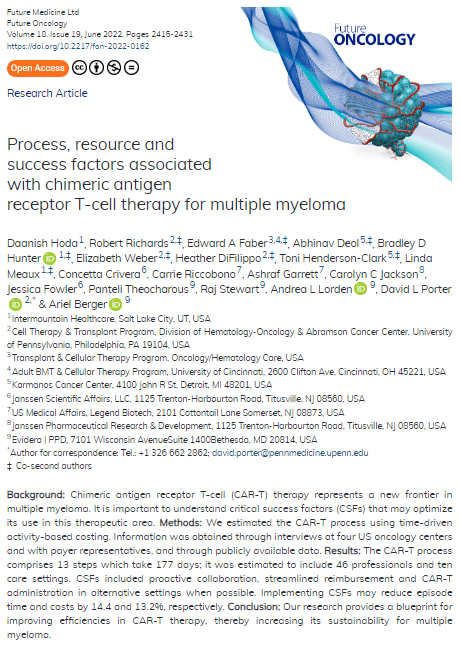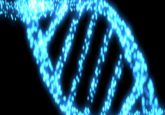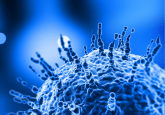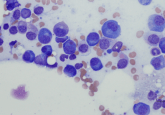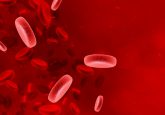Process, resource and success factors associated with chimeric antigen receptor T-cell therapy for multiple myeloma

Future Oncology, our partner journal, has published this research article which provides details on improving efficiencies in CAR-T therapy, and in turn increasing its sustainability for multiple myeloma (MM). This assessment used time-driven activity-based costing for the purpose of identifying inefficiencies and qualitative interviews with practicing healthcare providers and administrators from four US oncology centers including representatives from selected US payers. The study aim was to describe resources required for the current CAR-T process for MM and to identify critical success factors which could maximize efficiencies and facilitate the use of CAR-T therapies for the treatment of MM. The authors found that by applying relevant critical success factors to the current CAR-T process map had the potential to save 14.4% of hours in direct patient care and 13.2% in costs to the oncology center, relative to the current process.
Abstract
Background: Chimeric antigen receptor T-cell (CAR-T) therapy represents a new frontier in multiple myeloma. It is important to understand critical success factors (CSFs) that may optimize its use in this therapeutic area. Methods: We estimated the CAR-T process using time-driven activity-based costing. Information was obtained through interviews at four US oncology centers and with payer representatives, and through publicly available data. Results: The CAR-T process comprises 13 steps which take 177 days; it was estimated to include 46 professionals and ten care settings. CSFs included proactive collaboration, streamlined reimbursement and CAR-T administration in alternative settings when possible. Implementing CSFs may reduce episode time and costs by 14.4 and 13.2%, respectively. Conclusion: Our research provides a blueprint for improving efficiencies in CAR-T therapy, thereby increasing its sustainability for multiple myeloma.
Plain language summary
Patients with multiple myeloma can now be treated with chimeric antigen receptor T-cell (CAR-T) therapy. We studied how CAR-T therapy is used for multiple myeloma. We also studied things that could help make this therapy easier for doctors to use. The CAR-T process takes 13 steps and 177 days. It begins with the choice to use the therapy and ends about 100 days after it is used. The process uses 46 different healthcare professionals and ten different locations. We found several possible changes that can improve this process. Of these changes, three stand out. First, improved teamwork between members of the care team can help them prepare for and resolve possible problems. Second, reducing insurance red tape will make it easier to provide CAR-T therapy to patients. Third, allowing use of CAR-T therapy in places other than hospitals can help more patients receive this therapy. If applied, these three things may lower the time needed to treat patients by 14.4% and may reduce costs by 13.2%.
Read the full paper here:
